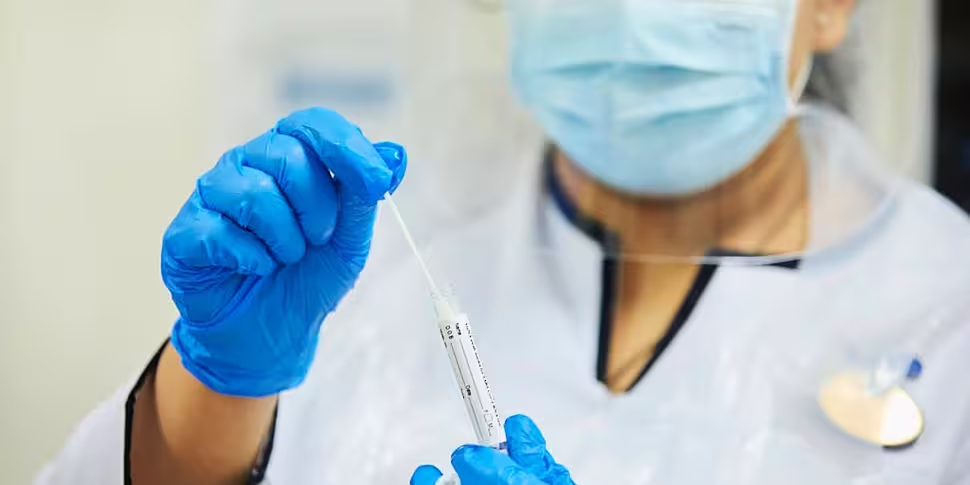Professor Luke O'Neill has said widespread rapid testing for the coronavirus has to come before the widespread availability of a vaccine.
It comes as a new 12-minute test for COVID-19 is to be trialed at pharmacies in Britain.
Pharmacy chain Boots says it is planning to roll it out to selected stores.
While it says its testing has "a potential" to extend to 200 stores over the coming months.
Trinity College Dublin immunologist Professor Luke O'Neill told Pat Kenny rapid testing will have to fill the gap before a vaccine.
"They're being trialed all over the place.
"It has to come soon, Pat, I mean it's amazing the amount of effort going into it.
"And this will be here ahead of widespread vaccination, because remember - with the best will in the world - the widespread [sic] of a vaccine won't be until middle to late next year until the vaccine is widely used.
"In the interim, to get back to some kind of normal, widespread testing that's convenient is the answer."
"Boots are rolling out a test: it'll take 12 minutes, it's stg£120 and it's 97% accurate.
"If that works out, anybody can go into their pharmacy and buy these tests.
"Whether they should be made free - the Governments should really make this free to everybody, by the way - that's an antigen test called LumiraDx.
"And that may be the one, you never know.
"I've no doubt that when we fast foreword, we have to have widespread testing that's convenient for everybody - that's definitely our way out of this".
'They must know something we don't'
On hopes for a vaccine, Prof O'Neill said: "I've never seen the like of all this vaccine news, which sort of illustrates how much effort is going into it.
"You've never seen the like of this frenzy around this".
He said AstraZeneca has reported a strong response to its trial among older people, and saw less reaction from that age group.
While a trial by Pfizer saw positive antibody responses from older people as well.
And Sinovac has also seen a response after a trial of 9,000 people in Brazil.
He said: "Sinovac have just released their safety data, they gave their vaccine to 9,000 people, and it was safe.
"And there's the first sign that that vaccine might be a very safe one - this is the phase three trial".
"They're saying that their vaccine is now said to be safe in 9,000 people.
"That's good because the technology they're using isn't that different to other vaccines.
"So if their vaccine is safe, that increases our confidence that the other vaccines might be safe as well".
Prof O'Neill said plans are already afoot to distribute a successful vaccine, if and when one is ready.
"Pfizer have released their plan - if their vaccine works - we should know towards the end of October when their trial finishes."
"They must be confident because they're building two huge factories, one in Kalamazoo and one in Puurs in Belgium - to make 1.3 billion doses of their vaccine.
"This is like the army going in doing something.
"They've already spent US$2bn on their vaccine, which is another thing to remember, it's all the money gone into it, and they're really ramping up to produce these doses now.
"And you have to say they must be confident, they must know something we don't.
"They've got thousands of freezers ready, they've already commissioned dozens of cargo jets with FedEx and DHL to ship the vaccine out when it's ready.
"And their CEO, who's been in the news a lot, Albert Bourla said access to the vaccine is as important as it working".









